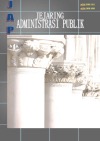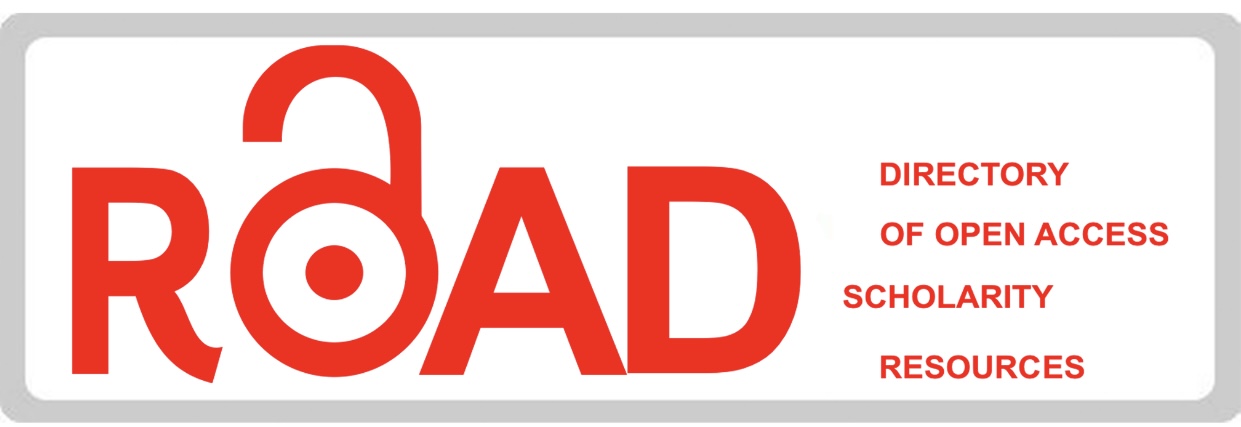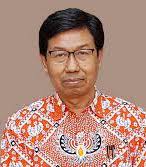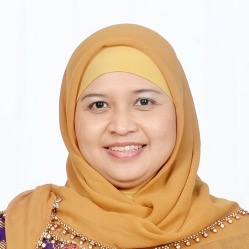Transformasi Inovasi Pelayanan Publik menuju Pemerintahan Digital
Downloads
The digitalization of public services is an integrative process involving the application of information and communication technologies (ICT) in the administration of government services to the public. Its primary goal is to enhance efficiency, effectiveness, and the overall quality of public service delivery. By utilizing digital platforms, citizens can swiftly access information and perform various transactions without the need for physical visits to government offices. This study aims to analyze the transformation of public service innovation toward the development of digital government, using a descriptive qualitative approach. Data were collected through document analysis, in-depth interviews, and observation of digital service practices implemented by selected public agencies. Purposive sampling was applied to identify key informants. The findings reveal that the success of public service digitalization depends significantly on effective coordination among stakeholders, infrastructure readiness, human resource capabilities, and institutional willingness to reform existing procedures. Collaboration between the public and private sectors plays a crucial role in the design, implementation, and management of responsive and inclusive digital service systems. Furthermore, the study emphasizes that a strong understanding of public administration principles (transparency, participation, and accountability) must be aligned with technological adaptability to create modern, integrated, and citizen-oriented public services.
Keywords: Digitalization, public Services, transformation
Adinugroho, I. (2017). Psikologi Moral dan Usaha Mencari Pemimpin Politik yang Demokratis. Buletin Psikologi, 24(2). https://doi.org/10.22146/buletinpsikologi.18067
Amalia, A., & Islami, L. (2021). Peran Dinas Komunikasi dan Informatika. PANTAREI, 5(2).
Yunaningsih, A., Indah, D., & Septiawan, F.E. (2021). Upaya Meningkatkan Kualitas Layanan Publik Melalui Digitalisasi. Altasia : Jurnal Pariwisata Indonesia, 3(1), DOI: https://doi.org/10.37253/altasia.v3i1.4336
Apandi, A. (2020). Pendekatan Resolusi Konflik Dalam Upaya Pencegahan Konflik Regional Pada Era Digitalisasi. Jurnal Inovasi Ilmu Sosial Dan Politik, 2(1), 94. https://doi.org/10.33474/jisop.v2i1.6414
APJII. (2020). Penetrasi Pengguna Internet Indonesia 2019-2020. Indonesia Survey Center.
Uly, Y.A., & Sukmana, Y. (2022). Meski Terus Tumbuh, Sektor Digital Masih Punya Banyak PR. Kompas.com,
Cook, G., Matthews, M., & Irwin, S. (2009). Innovation in the Public Sector : Enabling Better Performance, Driving New Directions. Australia: Australia National Audit Office.
Daaris, Y. Y., & Imam, S. (2024). Transformasi digital dalam pelayanan publik: Pelajaran dari Dinas Penanaman Modal dan Pelayanan Terpadu Satu Pintu Kabupaten Bima. Jurnal Syntax Imperatif: Jurnal Ilmu Sosial dan Pendidikan, 5(2), 244–255. https://doi.org/10.36418/syntax-imperatif.v5i2.367
Davis, S. N., & Greenstein, T. N. (2020). Households and work in their economic contexts: State-level variations in gendered housework performance before, during, and after the great recession. Journal of Occupational Science, 27(3), 390–404. https://doi.org/10.1080/14427591.2020.1741430
Drechsler, W. (2018). Digital government: Efficiency through default or governance by design? Dalam A. Boin, A. McConnell, & P. ’t Hart (Ed.), Governing after Crisis: The Politics of Investigation, Accountability and Learning. Cambridge: Cambridge University Press. 147–164.
Fountain. (2001). Building the Virtual State: Information Technology and Institutional Change. Washington, DC: Brookings Institution Press.
Maani, K. Dt. (2019). Transparansi Dan Akuntabilitas Dalam Pelayananan Publik. Jurnal Demokrasi.
Margetts, H. , & Dunleavy P. (2013). The second wave of digital-era governance: A quasi-paradigm for government on the Web. Philosophical Transactions of the Royal Society.
Mirnasari, R. M. (2013). Inovasi Pelayanan Publik UPTD Terminal Purabaya- Bungurasih. 1–15.
Nurdin, A. H. M. (2018). (2018). Menuju Pemerintahan Terbuka (Open Goveremnet) Melalui Penereapan Goverement. Jurnal MP (Manajemen Pemerintahan), 1–17.
Perpres Nomor 95. (2018). Peraturan Presiden Nomor 95 Tahun 2018 tentang Sistem Pemerintahan Berbasis Elektronik. Menteri Hukum Dan Hak Asasi Manusia Republik Indonesia. 110.
Putra, R. M. D. (2018). Inovasi Pelayanan Publik Di Era Disrupsi (Studi Tentang Keberlanjutan Inovasi E-Health di Kota Surabaya).
Riska Chyntia Dewi, & Suparno. (2022). Mewujudkan Good Governance Melalui Pelayanan Publik.
Roy, J. (2017). Digital government and service delivery: An examination of performance and prospects. Canadian Public Administration, 60(4), 538–561. https://doi.org/10.1111/capa.12231
Santoso, T., & Dewi, M. P. (2019). Etika Aparatur Sipil Negara dalam Membangun Good Governance. 179–187.
Sari, R. F. (2018). Menilik Aplikasi Qlue Jakarta Smart City: Dinamika Transformasi Khalayak dalam Perspektif Ruang Publik. Jurnal Penelitian Pers Dan Komunikasi Pembangunan, 22(2), 103–122. https://doi.org/10.46426/jp2kp.v22i2.85
Maryam, N.S. (2017). Mewujudkan Good Governance Melalui Pelayanan Publik. JIPSI - Jurnal Ilmu Politik Dan Komunikasi Unikom, 06.
Somantri, O. , & H. I. D. (2017). Implementasi e-Government Pada Kelurahan Pesurungan Lor Kota Tegal Berbasis Service Oriented Architecture (SOA). Jurnal Informatika: Jurnal Pengembangan IT.
Sosiawan, E. A. (2015). Evaluasi Implementasi E-Government Pada Situs Web Pemerintah Daerah Di Indonesia: Prespektif Content Dan Manajemen.
Wahyudi Saputa. (2022). Tranformasi Digital Pada Pelayanan Publik Dimasa Pandemi.
Wiranti, N. E. , & Frinaldi, A. (2023). Meningkatkan Efisiensi Pelayanan Publik dengan Teknologi di Era Digital. JIM: Jurnal Ilmiah Mahasiswa Pendidikan Sejarah, 8(2), 748–754.
Yulanda, A., & Adnan, M.F. (2023). Transformasi Digital: Meningkatkan Efisiensi Pelayanan Publik Ditinjau dari Perspektif Administrasi Publik. In Jurnal Ilmu Sosial dan Humaniora (Isora) (Vol. 1). https://isora.tpublishing.org/index.php/isora
Copyright (c) 2025 Muhammad Salman Jabbar Sangaji, Jusuf Irianto

This work is licensed under a Creative Commons Attribution-ShareAlike 4.0 International License.
All articles submitted by the author and published in the Jejaring Administrasi Publik are fully copyrighted to their authors under the Creative Commons Attribution-ShareAlike 4.0 International License. The formal legal aspect of journal publication accessibility refers to the Creative Commons Attribution-ShareAlike (CC BY-SA).
















